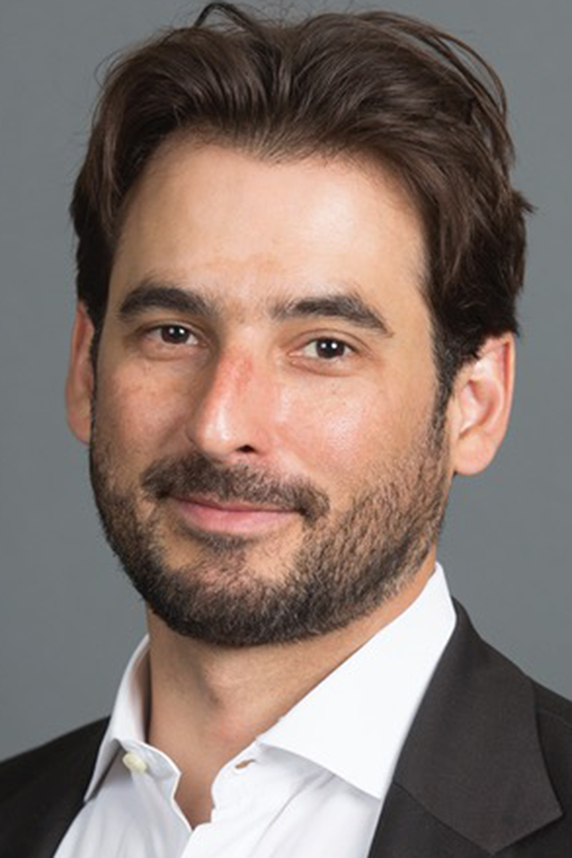Harvard Chan NIEHS Center for Environmental Health
The Harvard Chan National Institute of Environmental Health Sciences (NIEHS) Center for Environmental Health is a coordinated set of resources and facilities supporting environmental health research and training activities throughout the greater Boston area. The center promotes integration between basic and applied environmental science, and fosters collaborations that cross departmental and institutional boundaries.
Building 1-1402
News
-
Meet Our Members: Shruthi Mahalingaiah, MD, MS
This month, we ask Assistant Professor of Environmental, Reproductive, and Women’s Health Dr. Shruthi Mahalingaiah about her research, academic journey, and career. What research are you currently working on? I am…

-
Solar lighting intervention reduces indoor air pollution in Uganda
This trial, funded initially by a flash funding grant awarded at our 2016 Center retreat, has produced two papers – one of which has been highlighted in the May NIEHS Environmental Factor Newsletter as a paper of the month. The study found that a solar lighting intervention reduced exposure to fine particulate matter (PM2.5) and black carbon in rural Uganda. This is the first randomized study to examine whether solar lighting displaces fuel-based options and reduces exposure to harmful substances.

-
Tamarra James-Todd selected as 2022 Estrellita and Yousuf Karsh Visiting Professorship in Women’s Health
This visiting professorship at the Brigham and Women’s Hospital Division of Women’s Health brings in renowned leaders in women’s health to present to, and discuss with, medical staff the most significant and recent advances in women’s health. Dr. James-Todd gave the lecture entitled “Environmental Justice and Women’s Health: A Novel Lens for Understanding Reproductive Health Disparities Across the Life Course” on April 22, 2022.
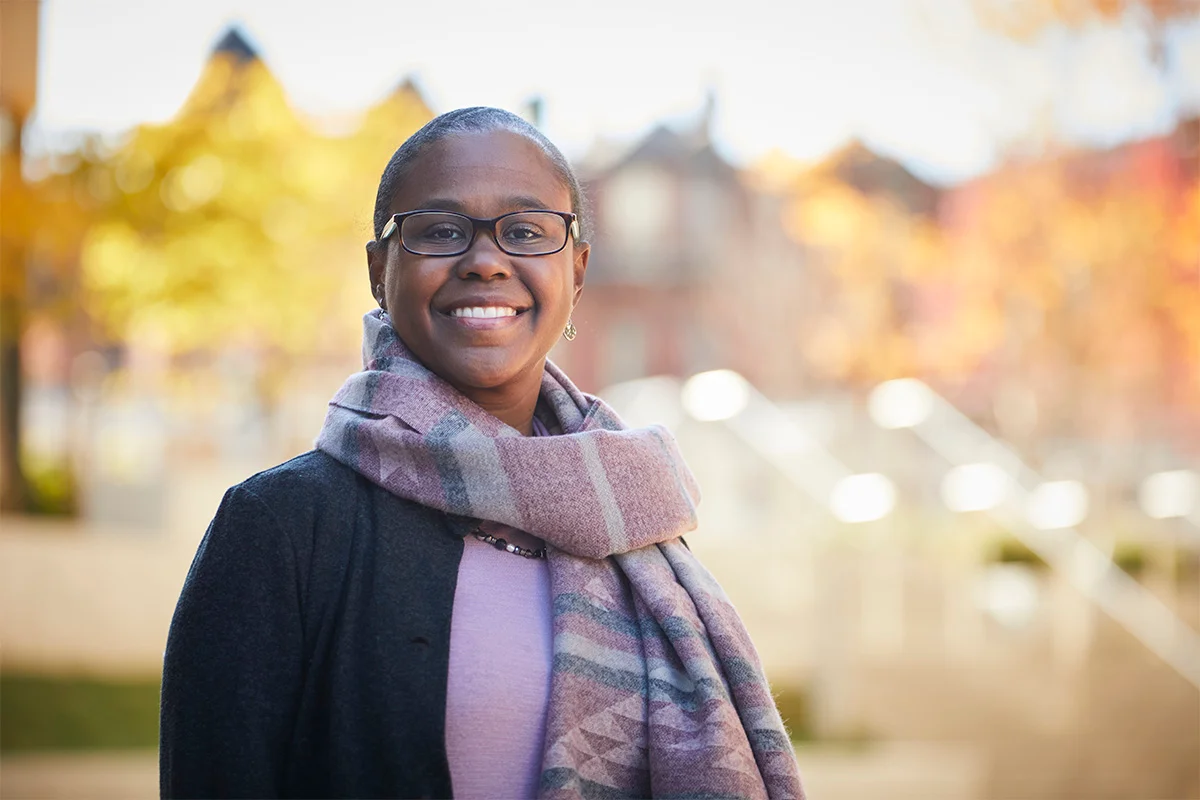
-
Earth Day 2022 at Franklin Park Zoo
On Earth Day, April 22, our Superfund Research Center Community Engagement Core in Boston attended Franklin Park Zoo’s annual Party for the Planet. CEC staff were joined by Harvard Chan…
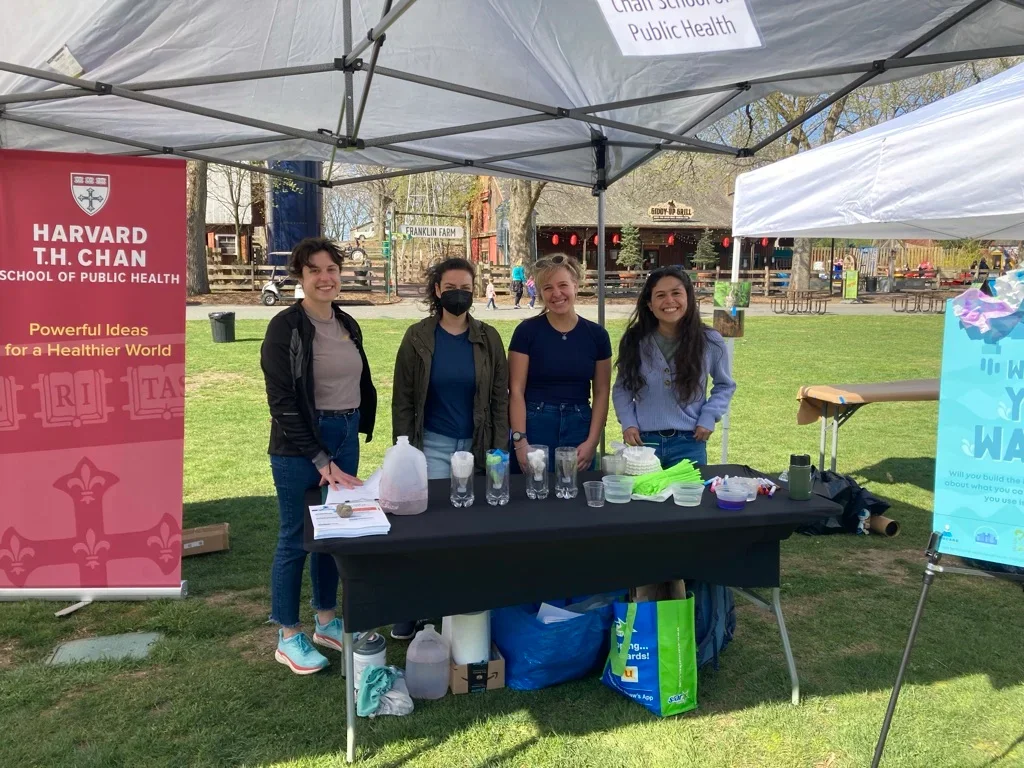
-
Gary Adamkiewicz featured in NIEHS Grantee Highlights
The NIEHS Partnerships for Environmental Public Health (PEPH) featured the work our CEC Director Gary Adamkiewicz is doing to understand the health effects of indoor air pollution, with a particular focus on low-income communities and public housing developments.
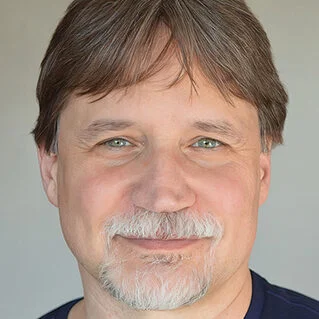
-
Center Director Marc Weisskopf speaks about air pollution and the nervous system in France
Center Director Marc Weisskopf gave a talk titled “Air Pollution Effects on the Central Nervous System’ at the Collège de France on April 13.
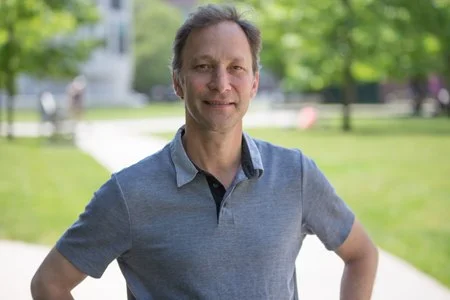
-
New paper published in The Lancet finds possible link between air pollution and psychiatric health
A new paper titled “Associations of short-term exposure to air pollution and increased ambient temperature with psychiatric hospital admissions in older adults in the USA: a case-crossover study” published in The Lancet…
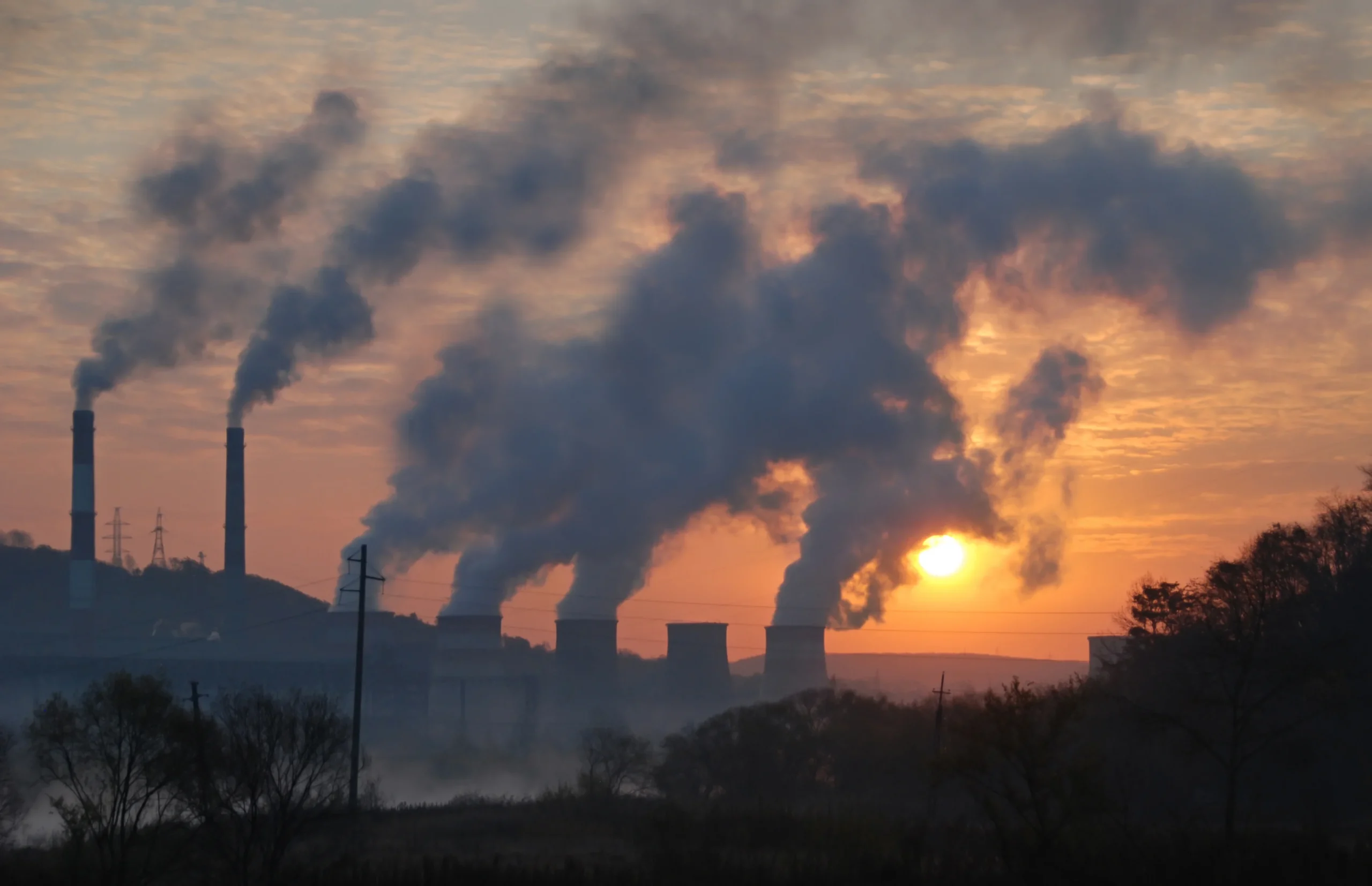
-
Zac Nagel receives Research Scholar Grant from American Cancer Society
Zac Nagel was awarded a Research Scholar Grant from the American Cancer Society for his grant proposal entitled “Role of translesion polymerases in temozolomide resistance in glioblastoma.” Related Topics Last…
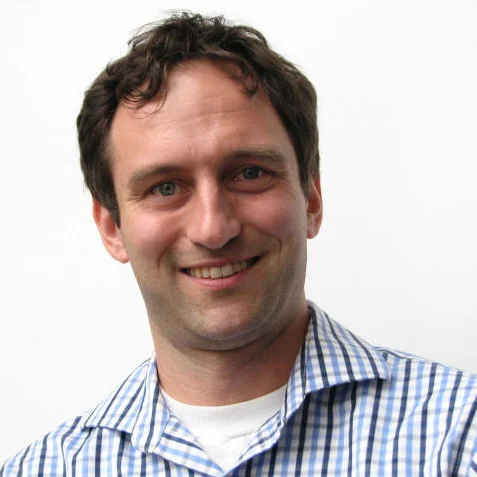
-
Login5 Foundation gifts $3 million to Healthy Buildings Program
Congratulations to Joe Allen and his team who received a $3 million gift from the Login5 Foundation for their work on the Co-Benefits of Built Environment Research (CoBe).

-
Bernardo Lemos gives NIEHS Keystone Science Lecture
During his Mar. 30 NIEHS Keystone Science Lecture, Lemos discussed how environmental epigenetics has transformed the way that scientists look for links between environmental exposures and disease.
